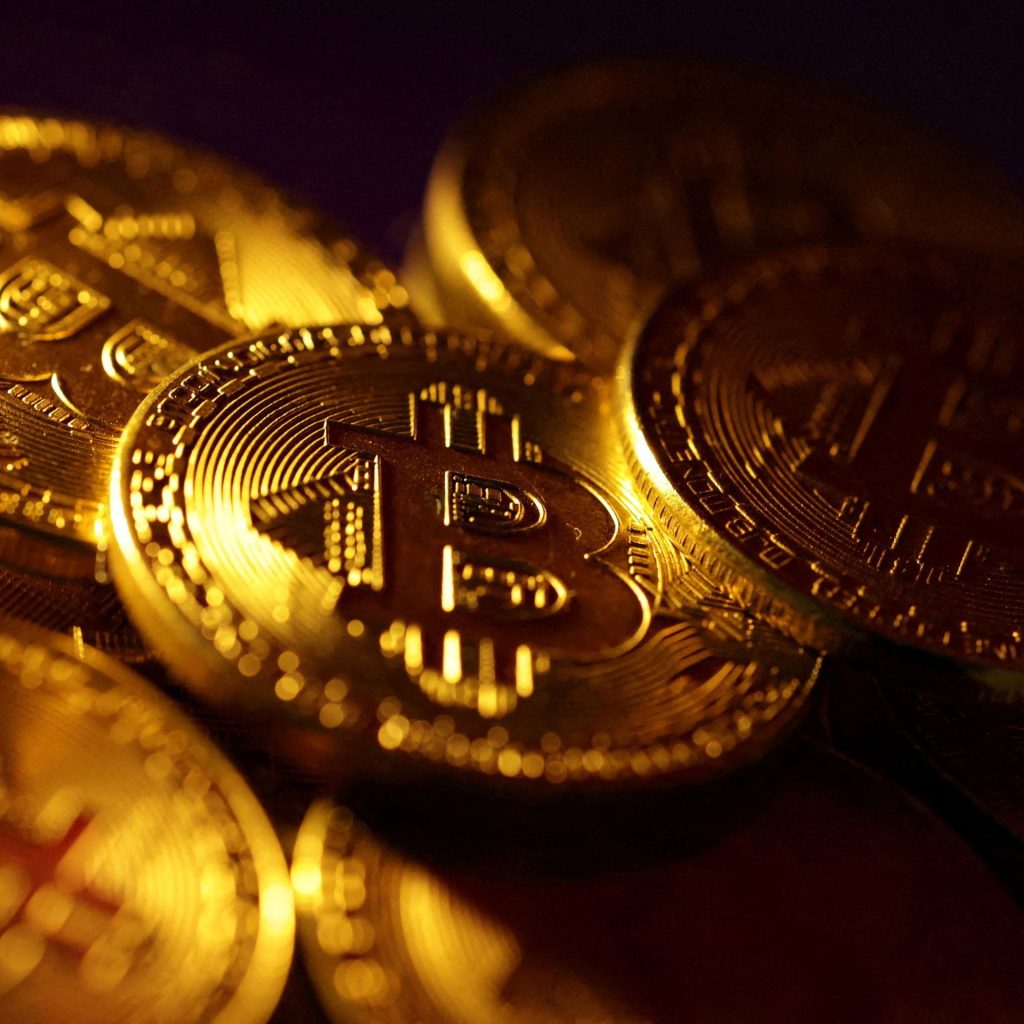Arthur Hayes, co-founder and former CEO of BitMEX, has shared his thoughts on the future of the U.S. banking system in a recent blog post.
Hayes argues that the banking industry is facing a crisis due to inflation, low-interest rates, and excessive regulation, which he believes will lead to the failure of all non-Too Big To Fail (TBTF) banks.
Arthur Hayes’ thoughts
Hayes claims that the current low-interest rate environment, coupled with high inflation, is driving depositors away from banks and into money market funds. He argues that this trend will continue, and that non-TBTF banks will eventually fail as deposit outflows exceed their ability to cover losses.
Hayes also notes that excessive regulation has made it difficult for banks to operate profitably, especially for smaller banks. He argues that this has led to a concentration of the banking industry, with the largest banks becoming even larger and more powerful.
Hayes acknowledges that TBTF banks are currently safe due to government deposit guarantees, but warns that this could exacerbate the concentration of the banking industry as depositors move their money to the largest banks.
Hayes suggests two potential solutions to the banking crisis. The first is for the Federal Reserve to cut interest rates to below the yield of money market funds, which would incentivize depositors to move their money back into banks.
The second solution is to expand the list of eligible collateral for the Fed’s Balance Sheet Tool Purchase Program, which would provide relief to non-TBTF banks by allowing them to exchange their illiquid assets for cash.
However, Hayes also acknowledges that neither solution is perfect, and that both could lead to unintended consequences such as further inflation or asset bubbles.
Implications for Bitcoin, gold, and the global economy
Hayes believes that the banking crisis will have positive implications for Bitcoin and gold. He argues that the failure of non-TBTF banks will lead to an expansion of the money supply as the government bails out failed banks, which will increase the value of hard assets such as Bitcoin and gold.
Hayes concludes that depositors should move their money from non-TBTF banks to TBTF banks in order to ensure the safety of their deposits. He also advises investors to consider holding Bitcoin and gold as a hedge against the potential failure of the banking system.
Hayes notes that the US banking crisis could have implications for the global economy, as the US dollar is the world’s reserve currency. He argues that the failure of US banks could lead to a depreciation of the dollar and an increase in the value of hard assets such as gold and Bitcoin.
Hayes also notes that many non-US institutions hold USD-denominated assets, which means that they will be affected by the US banking crisis. He argues that investors should consider diversifying their portfolios to include hard assets in order to protect against the potential failure of the US banking system.
Overall, Hayes’s article provides a thought-provoking analysis of the current state of the banking industry and its potential implications for the global economy.
While his predictions may be controversial, they are worth considering as investors navigate the uncertain waters of the current state of U.S. economy.





